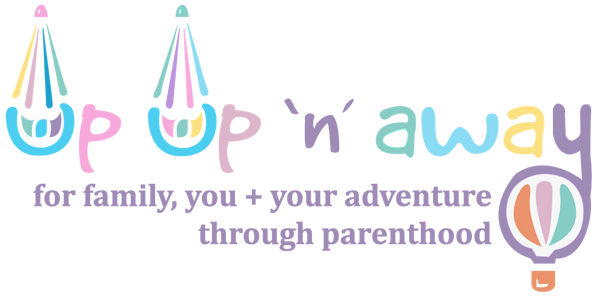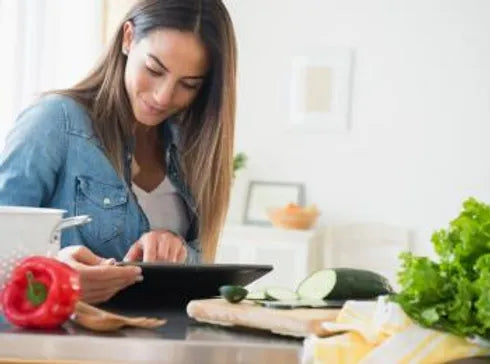If you want to have a baby, you need to change your diet now. Discover below which foods are high in iron and folic acid, essential for a healthy pregnancy.
As well as getting the timing right by knowing when you ovulate there are other things you can do to help maximise your chances of falling pregnant.
Want to know more about the foods you should be including in your diet while you’re trying to get pregnant? Good news is that focusing on a well balanced diet is the best way to ensure your baby will get everything they need. There are some nutrients that are particularly important for preconception and pregnancy like folic acid, iodine and iron and we've got more details below as well as more info for your 'baby ready' diet.
What is folic acid?
Folic acid is particularly important at the very beginning of your pregnancy and while you are trying to get pregnant. Folic acid plays a critical role in the development of the nervous system very early in the baby's development. The folic acid requirements for pregnant woman is 600mg per day, this is 50% greater than the general population.
These days, a folic acid supplement is recommended once you start trying to conceive (ideally for a period of four weeks before conception) as well as during the first trimester of your pregnancy.
If you did not take a folic acid supplement before or at the start of your pregnancy, don't worry about it. Remember that a varied and balanced diet will ensure your intake of folic acid.
The following foods are rich in folic acid:
-
Vegetables, especially green leafy vegetables (spinach, cabbage, leek, lettuce, green beans and peas)
-
legumes (lentils, chickpeas, maize, etc.)
-
fruit (especially citrus fruits like oranges, red fruit, etc.)
-
nuts
-
yeast extract such as vegemite
-
foods that have folate added to them (most breads in Australia, some breakfast cereals and fruit juices)
How do I get enough Iodine?
Iodine is a mineral important in the normal development and growth of the baby at the beginning of your pregnancy and all throughout. In some parts of Australia a lack of Iodine intake has been found, therefore it’s best to talk to your healthcare professional about your individual needs and supplementation.
The good news is that there are foods you can eat to help ensure you’re getting Iodine in your diet:
-
Seafood including seaweed
-
Bread made with iodised salt
-
If you use salt in cooking choose Iodised salt from the supermarket
Why is Iron important?
When you become pregnant your body's iron needs increase so it's good to start thinking about how you can meet your needs early on. Iron is a mineral that helps red blood cells carry oxygen to all of the other cells in your body and to your baby during development.
Iron requirements will increase during pregnancy: from 18 mg/day before pregnancy to 27 mg/day during pregnancy.
Don't worry, it’s easy to eat iron-rich foods. Try these, starting with those with the highest iron content:
-
Lean red meat
-
white meat, cooked fish
-
eggs
-
legumes
-
Green leafy vegetables
How do I boost my iron absorption? Vitamin C can help your body absorb iron from foods. For instance, eat a piece of citrus fruit or kiwi fruit for dessert.
Finally, if your blood test reveals a severe deficiency (or if you are vegetarian or are expecting twins, etc.), your doctor may prescribe an iron supplement.
Source: https://www.nestlemumandme.com.au/preconception/fertility-diet-what-should-i-eat-help-me-conceive

